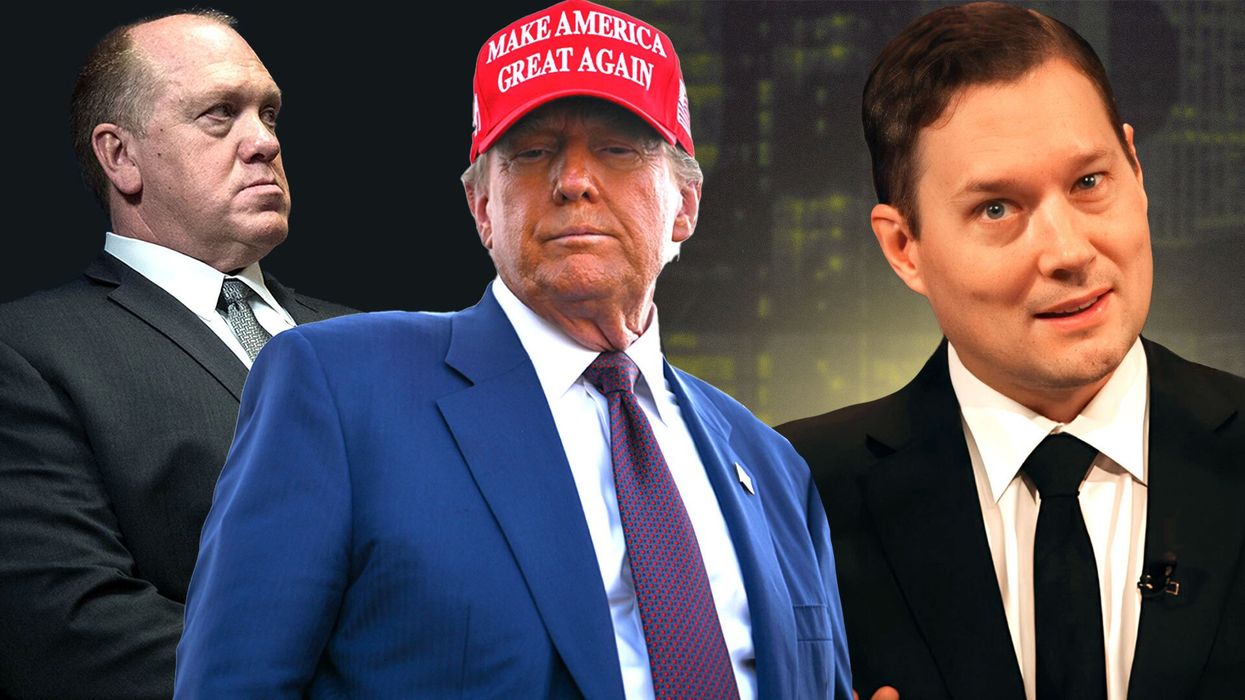
© 2024 Blaze Media LLC. All rights reserved.
"If our goal is to reduce greenhouse gas emissions, this is quite a costly way to go about doing it."
Although some consumers are willing to pay a premium for ethanol, there are not enough to justify the government mandate for the corn-based fuel, Soren Anderson, a Michigan State University economist, says.
Anderson bases his conclusion on a study of the current demand for ethanol, or E85, in the United States. His report found that when ethanol prices rose 10 cents per gallon, demand for ethanol fell only 12 percent to 16 percent on average.
"I was a bit surprised," said Anderson. "I was looking for this sharp decline in ethanol sales the moment the price got higher than the price of gas."
However, although the decline is not as strong as one would expect with a price increase, one must take into account the fact that ethanol is primarily purchased by consumers who are willing to pay a premium. Which is to say, the people who are buying ethanol will continue despite increases in price.
Anderson's research, scheduled to appear in the March issue of the "Journal of Environmental Economics and Management," is the first to examine consumer demand for ethanol.
“Federal law requires increasing volumes of renewable fuels to be blended with the nation's fuel supply,” reports UPI.com. “This year, the requirement includes the use of more than 13 billion gallons of corn-based ethanol nationwide.”
What are some of the obvious setbacks involved in investing in ethanol?
Ethanol is more expensive to make than gasoline and must therefore be sold at a loss or subsidized unless, of course, consumers are willing to make up the difference, Anderson said.
According to his study, the majority of consumers willing to pay the ethanol premium are those who are interested in “protecting the environment.” As the theory goes, ethanol is a clean-burning fuel that reduces “harmful auto emissions” and decreases the amount of dependency on crude oil to fulfill the nation’s energy requirements, according to the American Coalition for Ethanol.
“But from an economic perspective, mandating ethanol doesn't appear to be the best option,” Anderson said. “Not only is it expensive, but the amount of emissions it reduces might not be that large.”
Well, that sort of negates the entire purpose, doesn’t it?
"If our goal is to reduce greenhouse gas emissions, this is quite a costly way to go about doing it," Anderson said. "There are lots of other things we could do before switching over to ethanol."
In his mind, there are easier and more cost-effective methods for achieving the supposed ends of ethanol mandates: give consumers options and/or incentives for driving less or incentivize the purchase of cars that are more efficient.
Wait. What? He believes government should direct and dictate consumer demand for "clean energy" technology?
First of all, offering options that would encourage people to "drive less" would almost certainly involve an incredibly expensive expansion of already existing public transportation systems.
Who would have to pay for that?
Secondly, as in the case of the Chevy Volt, the government has already tried to encourage consumers to purchase “eco-friendly” vehicles. Based on the Volt's abysmal sales numbers, this doesn't seem to work.
Nevertheless, as reported yesterday by the Daily Caller, the feds are loading the Volt with even more purchasing incentives.
Via the Daily Caller:
The White House intends to boost government subsidies for wealthy buyers of the Chevy Volt and other new-technology vehicles — to $10,000 per buyer.That mammoth subsidy would cost taxpayers $100 million each year if it is approved by Congress, presuming only 10,000 new-technology autos are sold each year.
But the administration wants to get 1 million new-tech autos on the road by 2015. The subsidy cost of that goal could reach $10 billion.
Considering the growing number of "green energy" subsidies that have failed, and the ones that look like they're about to fail, it might not be unreasonable to assume that a continuation of similar policies will be met with similar results.
Perhaps government shouldn't be in the business of encouraging people to "drive less," buy "eco-friendly" cars, or "go green." Isn't there already a system in place for that sort of thing?
Want to leave a tip?
We answer to you. Help keep our content free of advertisers and big tech censorship by leaving a tip today.
Want to join the conversation?
Already a subscriber?
more stories
Sign up for the Blaze newsletter
By signing up, you agree to our Privacy Policy and Terms of Use, and agree to receive content that may sometimes include advertisements. You may opt out at any time.
© 2024 Blaze Media LLC. All rights reserved.
Get the stories that matter most delivered directly to your inbox.
By signing up, you agree to our Privacy Policy and Terms of Use, and agree to receive content that may sometimes include advertisements. You may opt out at any time.



